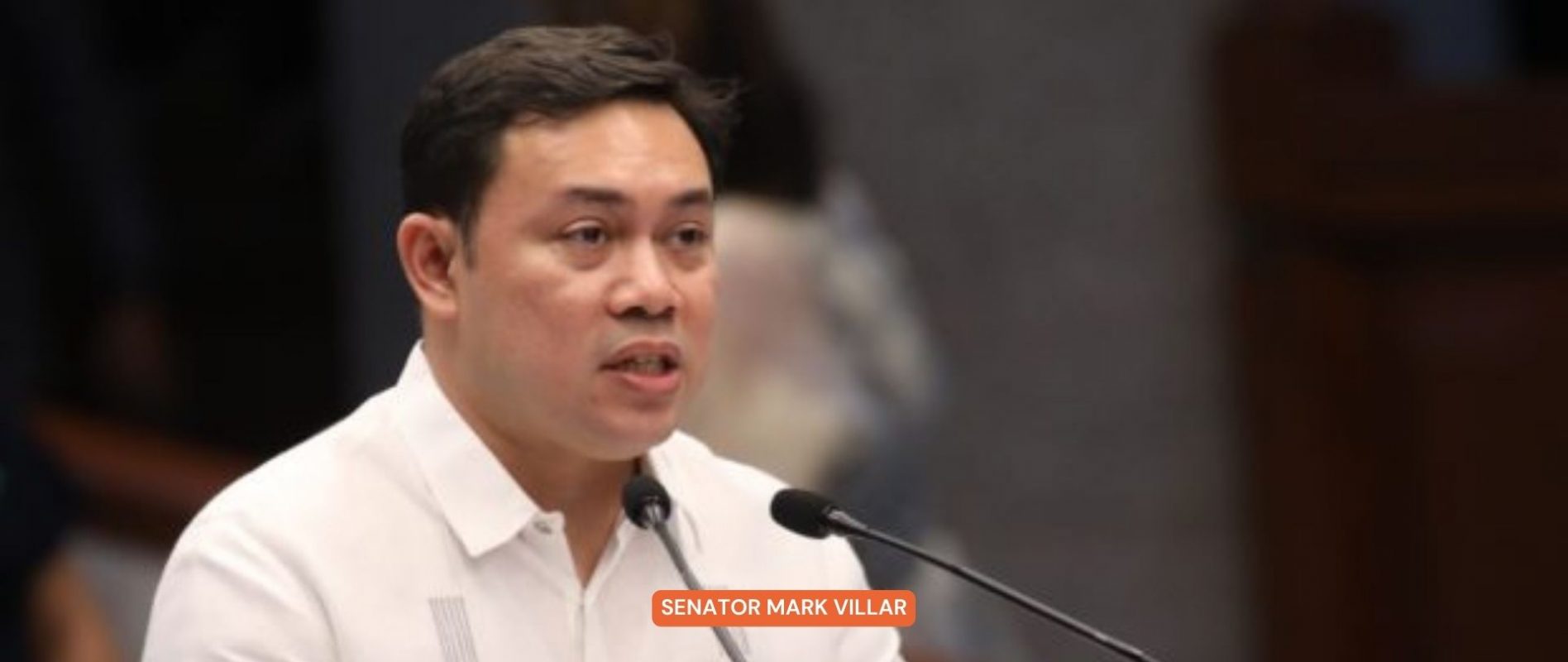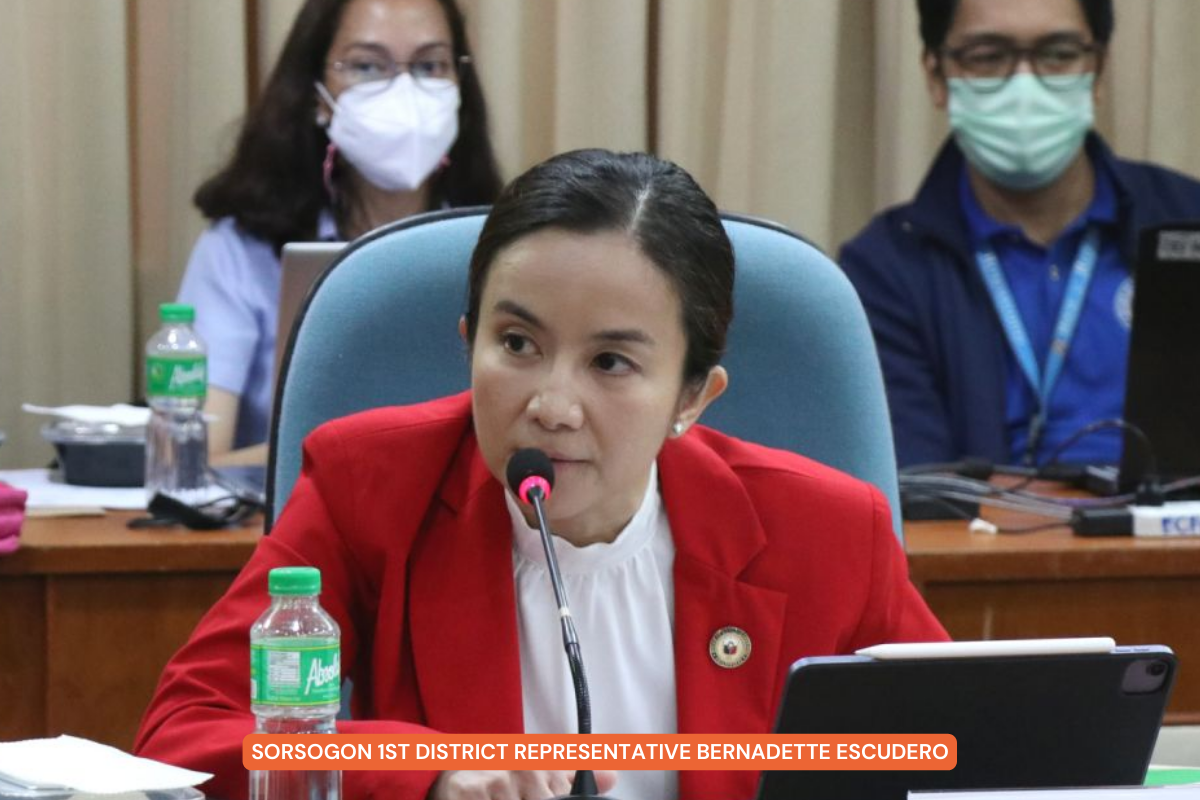LAWMAKER PUSHES 20% MOBILE AND INTERNET DISCOUNT FOR STUDENTS
SENATOR Mark Villar is pushing for a measure that seeks to institutionalize a 20 percent discount on mobile load, calls, texts, and internet services for students to help ease the financial burden of digital learning and ensure equitable access to education.
Senate Bill No. 1308, or the proposed Student Load Discount Act, aims to address the lingering effects of the Covid-19 pandemic on education, which exposed deep socio-economic gaps in access to online learning.
Villar noted that many students from low-income families continue to struggle with the high cost of data and connectivity, limiting their ability to participate in virtual classes and access digital resources.
“The pandemic highlighted the urgent need to support students in their communication and online learning needs,” Villar said in the bill’s explanatory note.
“By granting a student load discount, we empower our youth to use digital tools for education and create a more equitable environment for learning,” he added.
Under the measure, all registered students—from elementary to college and technical-vocational institutions—will be entitled to a 20 percent discount on prepaid and postpaid mobile load, text, call, and broadband services, provided they present a valid school ID or proof of enrollment.
The discount will be available year-round, including weekends and holidays.
The National Telecommunications Commission (NTC) and the Department of Information and Communications Technology (DICT) will oversee the program, with telecommunications companies required to submit quarterly compliance reports.
Telcos that fail to provide the discount will face fines ranging from ₱50,000 for the first offense to ₱200,000 for repeated violations.
Students caught using fraudulent documents to avail of the privilege will be disqualified and may face criminal charges.
Villar said the measure builds on the government’s constitutional mandate to prioritize education and promote equal opportunities. By lowering connectivity costs, he added, the bill will help “bridge the digital divide” and support students in adapting to the increasingly technology-driven educational landscape.














